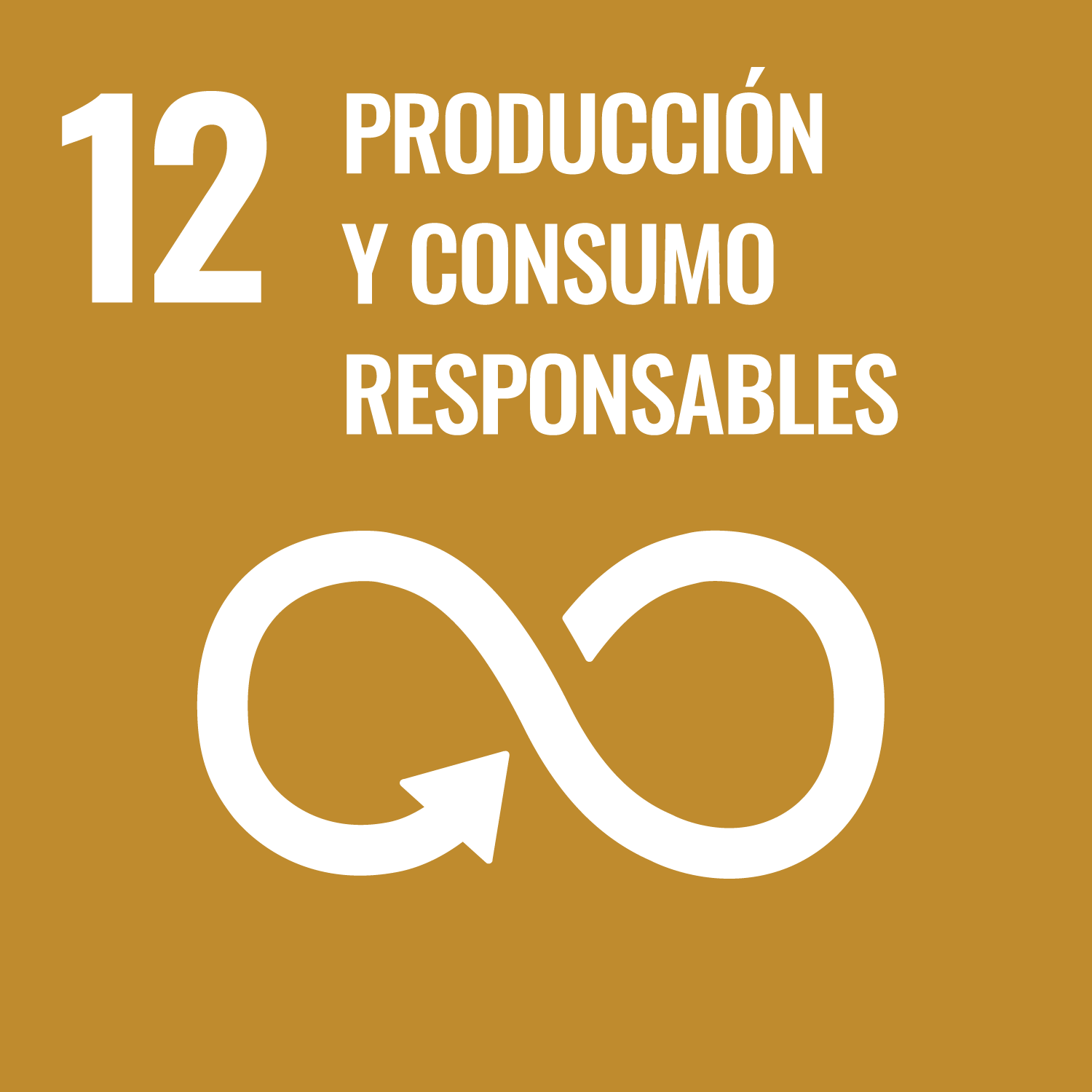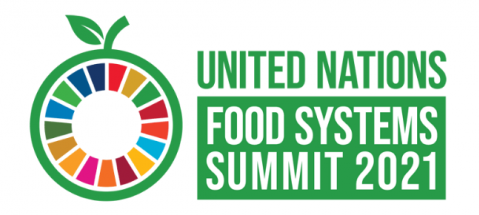Pérdidas y desperdicio de alimentos
Coalición “La comida no es nunca un desperdicio”
Puesta en marcha por un grupo de asociados durante la Cumbre de las Naciones Unidas sobre los Sistemas Alimentarios.
La magnitud del problema de las pérdidas y el desperdicio de alimentos
Alrededor del 14 % de los alimentos del mundo, valorados en 400 000 millones de USD anuales, se pierden en la cadena de suministro tras ser cosechados, antes de llegar a los comercios minoristas, mientras que otro 17 % —aproximadamente 931 millones de toneladas de alimentos— acaba siendo desperdiciado en los comercios minoristas y por los consumidores. Gran parte de ese desperdicio de alimentos tiene lugar en los hogares.
La pérdida y el desperdicio de alimentos conllevan una presión innecesaria sobre el medio ambiente y sobre los recursos naturales utilizados para producirlos en primer lugar. En esencia, significa que se han desperdiciado recursos de la tierra y el agua, se ha generado contaminación y se han emitido gases de efecto invernadero (GEI) sin ningún motivo.
La coalición “La comida no es nunca un desperdicio” se puso en marcha en Roma en 2021, durante los actos previos a la Cumbre de las Naciones Unidas sobre los Sistemas Alimentarios, para impulsar la Agenda 2030 con el fin de acelerar el ritmo de reducción de las pérdidas y el desperdicio de alimentos tras la Cumbre y lograr así la meta 12.3 de los Objetivos de Desarrollo Sostenible (ODS).
Para ello, a través de sus iniciativas en pro de la consecución de la meta 12.3 de los ODS, la coalición pretende:
- reducir a la mitad el desperdicio de alimentos para 2030 y reducir las pérdidas de alimentos en al menos un 25 %;
- crear sistemas alimentarios más sostenibles y resilientes que traten de reducir al mínimo las pérdidas y el desperdicio de alimentos;
- establecer y reforzar la colaboración entre los Estados miembros y las organizaciones en todos los sistemas alimentarios, para garantizar el aprendizaje y el intercambio de buenas prácticas;
- promover la inversión en la reducción de las pérdidas y el desperdicio de alimentos.
 “Meta 12.3 de los ODS: De aquí a 2030, reducir a la mitad el desperdicio de alimentos per cápita mundial en la venta al por menor y a nivel de los consumidores.
“Meta 12.3 de los ODS: De aquí a 2030, reducir a la mitad el desperdicio de alimentos per cápita mundial en la venta al por menor y a nivel de los consumidores.
Y reducir las pérdidas de alimentos en las cadenas de producción y suministro, incluidas las pérdidas posteriores a la cosecha”.
# 123 Pledge to Reduce Food Loss and Waste: the first Initiative of the Coalition
The #123 Pledge, launched during CoP27, is the first initiative of the Coalition. The ‘123 Pledge’ is coordinated by Champions 12.3, UN Environment Programme (UNEP), and Food and Agriculture Organization of the United Nations (FAO). It is also supported by WRAP, WWF, and Rabobank.
The Food and Agriculture Organization of the United Nations (FAO) is pleased to invite governments, companies, institutions and individuals to pledge to align their action agendas to halve food waste by 2030 and reduce food losses by at least 25 percent, toward accelerating actions to achieve SDG target 12.3.
Why is the Pledge Important?
“With the damaging effects climate change has on food security and nutrition, and the negative effects of agrifood systems on climate change and the environment across the world, now is the moment for decisive action to transform how our agrifood systems operate and reduce food loss and waste, providing benefits from both a mitigation and adaptation angle to assure better production, better nutrition, better environment, and a better life” said Máximo Torero Cullen, Chief Economist of FAO. “Commitment from all stakeholders – from governments, private sector companies, small producers, and civil society to consumers – will be required if we are to make a dent in the issue of FLW and achieve the aspirations of the 2030 Agenda. This is the importance of the #123Pledge and the collaborative efforts championed by the Food Is Never Waste Coalition".
“Food loss and waste drives up to 10% of planet-warming greenhouse gas emissions, yet just a handful of countries mention it in their national climate plans. None of the world’s biggest emitters are on that list,” said Liz Goodwin, Senior Fellow and Director of Food Loss and Waste at World Resources Institute, which serves as secretariat of Champions 12.3. “Despite some real bright spots, the world is woefully behind where it needs to be. Without real action to halve food loss and waste, it will be very difficult to solve the climate crisis.”
“Halfway towards 2030, now is the time to act globally. Countries with long track records of measuring and cutting food loss and waste should support countries getting started on this journey. Companies should be mainstreaming best practices throughout their operations worldwide. And every one of us can act now, at home and at work” said Sheila Aggarwal-Khan, Director, Economy Division at UNEP. “Every day, every plate counts.”
Miembros de la coalición “La comida no es nunca un desperdicio”:
• Estados nacionales: Estados Unidos de América, Brasil, Indonesia, Italia, Ecuador
• Organismos de las Naciones Unidas e instituciones financieras internacionales: FAO, PNUMA, Banco Mundial, bancos regionales de desarrollo
• ONG: WRI, WRAP, WWF, Global Foodbanking Network
• Instituciones académicas, grupos de reflexión y centros de investigación: Universidad de Wageningen, CGIAR
• Otros: Champions 12.3, Rabobank

RECURSOS ÚTILES
Pérdidas y desperdicio de alimentos
What is the real cost of food?
International day of awareness of food loss and waste 2021 video
